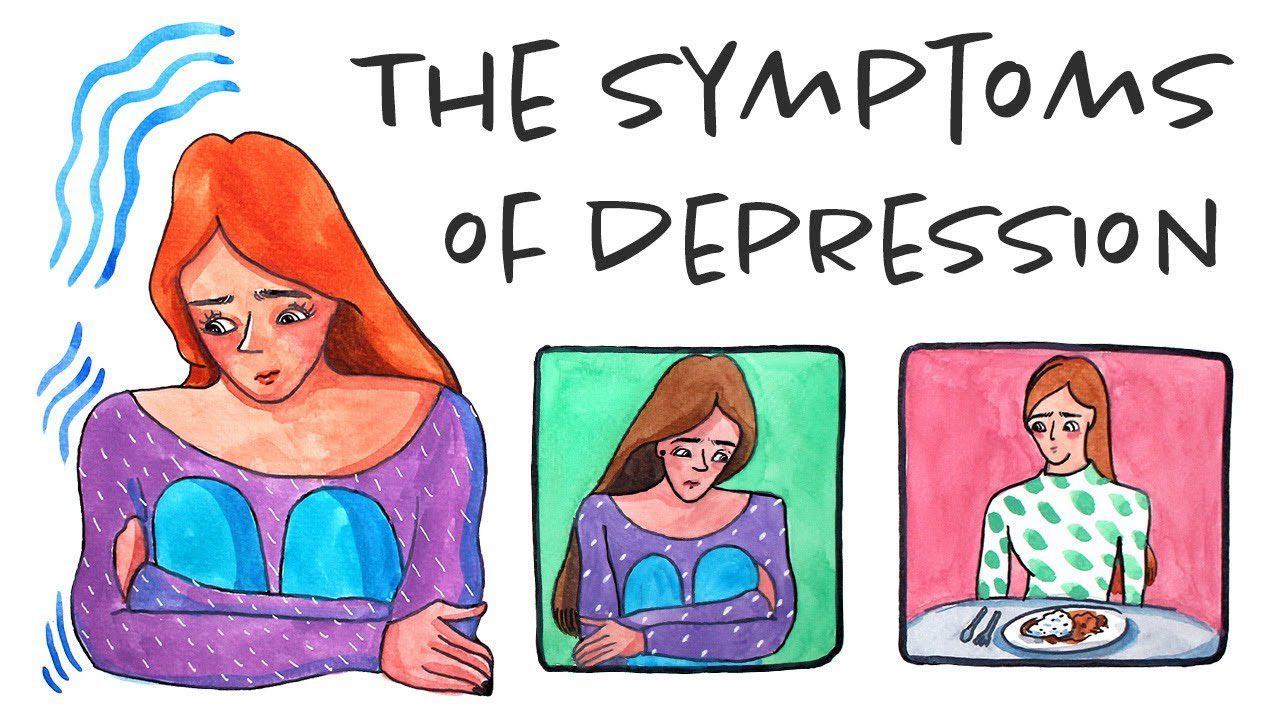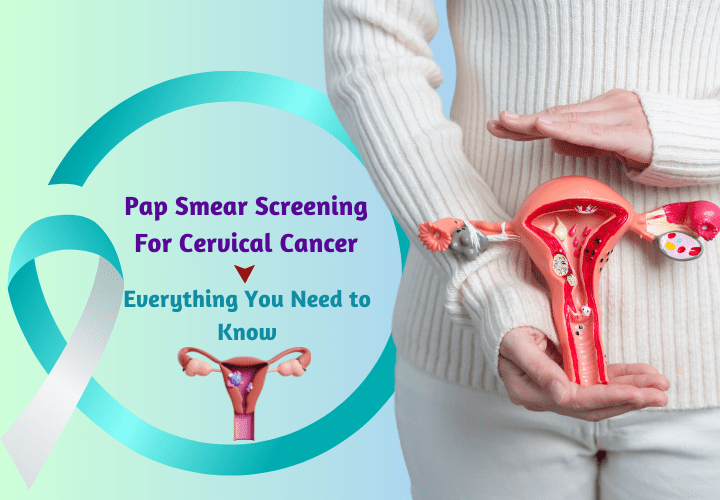Depression In Cancer Patients
It is difficult to cope up with after effects of cancer for any patient. Some patients with cancer may experience depression before, during or some after the cancer treatment. Depression is a type of disorder which is associated with the patient’s mood and can affect the patients and their families to greater extent.
Hence, identifying and managing depression are also considered as an important parts of cancer treatment.
There are several treatment options available to cure bone cancer at Oncoplus Hospital, Delhi.
IMPORTANCE OF IDENTIFYING DEPRESSION IN CANCER PATIENTS
The cancer patients typically experience sadness and a sense of grief for many different reasons, such as changes in life plans, changes in self-esteem, bodily changes, repulsion in social roles, financial challenges and survival issues.
A cancer patient may show the symptoms of depression right after diagnosis or anytime during or after treatment. These symptoms may range from mild to severe. Severe depression may affect a patient's relationships as well as day-to-day life. This is termed as major depressive disorder.
Depression is a serious illness that can have a major impact on a cancer patient’s quality of life. As per a few studies,15-20% patients experience some sort of depression during or after their treatment. And depression during the treatment may impact the quality of treatment.
As Patient experience these changes and challenges, it is important to monitor the feelings the patient must be experiencing to ensure that patient’s medical care is not impacted due to these issues.
Book an appointment with the best oncologists for cancer treatment as well as diagnosis at best cancer Hospital in Delhi.
HOW TO DIFFERENTIATE DEPRESSION FROM NORMAL SADNESS
Depression is much more than the normal feelings of sadness. A patient is considered to be going with depression when he/she experiences one or more of the following symptoms for more than 2 weeks:
- Feeling upset most of the time
- Feeling of worthlessness
- Feeling of self-guilt without any reason
- Decreased ability to concentrate
- Changes in eating habits and sleeping patterns
- Lack of pleasure and interest in the activities he/she used to enjoy earlier
- Feeling of nervousness
- Delayed physical and mental responses
- Tiredness for no reason
- Suicidal thoughts
DETAILED SIGNS AND SYMPTOMS OF DEPRESSION
If patient suffers from any of these issues for more than 2 weeks, in addition if the symptoms are severe enough to cause noticeable problems in day-to-day activities of the patient’s life, it is really important to speak with the patient’s treating doctor.
Signs and symptoms a cancer patient may experience have been classified into the following categories:

- SYMPTOMS ASSOCIATED WITH MOOD
- Feeling low
- Feeling worthless
- Feeling upset most of the time
- Feeling of hopelessness
- Feeling of irritability
- Feeling of numbness
- BEHAVIOURAL SYMPTOMS
- Lack of interest in activities the patient used to enjoy earlier
- Frequent crying
- Social withdrawal or withdrawal from friends or family
- Lack of motivation to do daily activities
- COGNITIVE or MEMORY RELATED SYMTPOMS
- Difficulty in ability to focus
- Finding it difficult to make decisions
- Problems related to memory
- Negative thoughts or self-destructive behaviour in extreme situations like thoughts of hurting patient’s ownself.
- PHYSICAL SYMPTOMS
- Tiredness for no reason
- Loss of appetite
- Insomnia-sleeping disorder when a person is not able to fall asleep and stay asleep.
- Hypersomnia, a condition in which a person feels too sleepy most of the time.
- Sexual dysfunctions including erectile dysfunction in males or lower sexual desire in both genders.
- FEAR OF TREATMENT RELATED SIDE EFFECTS
It is normal to fear treatment-related side effects as a patient prepares to start the cancer treatment. “Our team of Oncologists at Oncoplus Hospital, Delhi encourage our patients to discuss with us about the possible side effects and how to manage them instead of keeping a fear. Our patient’s health care team is focused on preventing and controlling side effects.”Some of the most common fears about side effects of cancer treatment include the following:
- Loss of self-control
- Not knowing what to expect.
- Physical discomfort including pain, nausea, or tiredness.
- Trouble in doing daily activities, such as going to work, completing household work and attending social events.
- Changes in appearance, such as scars and hair loss.
- Sexual problems
- Fertility problems means difficulty becoming pregnant after treatment.
- Anxiety about the process involved in the whole treatment.
RISK FACTORS FOR DEPRESSION
The following risk factors make cancer patients more likely to have depression. These include:

- Previous history of depression or anxiety
- Any history of depression or anxiety in family of the patient
- Lack of emotional support from friends or family
- Financial challenges
SCREENING FOR DEPRESSION
A few symptoms listed below may be as a result of the side effects of cancer or cancer treatment. Hence it is important to find the causative factor and confirm the diagnosis for a better plan of treatment.
Screenings should happen at the time of a cancer diagnosis as well as during and after treatment.
Treatment for depression depends on patient’s symptoms and how often patient has those symptoms.
Oncoplus Hospital, Delhi encourage our patients to discuss the following with the doctor:
- Your feelings
- Specific concerns which you do not want to share with anyone in your family
- Physical symptoms you are experiencing
- Effects on your daily life if any
TREATMENT OPTIONS FOR DEPRESSION
People with depression usually get benefits from specialized treatments. For patients with moderate to severe depression, a mix of psychological treatment and medication is often the most effective treatment approach. While for some patients with mild depression, interacting with a mental health professional may be enough to relieve depressive symptoms.
However, common treatment options that would definitely help any patient to cope up with the any sort of depression are discussed below:
- Psychological treatment: Mental health professionals including licensed counsellors, psychologists, and psychiatrists can provide patients with tools to improve their coping skills, develop a support system, and reshape negative thoughts.Certain effective options include individual therapy, couples or family therapy, and group therapy. In addition, psychiatrists can prescribe medications too.Psychotherapy or counselling can occur one-on-one or in a group setting. Some common evidence-based forms of treatment that are effective for depression are cognitive behavioural therapy, acceptance and commitment therapy and interpersonal therapy.
- Exercise: Exercise can also help in treating depression. Most studies show that exercising at least three times a week is good and ideal to cope up with depression. Patient should consult his/her doctor before engaging in any physical exercise.
- Follow routines: A patient during or after the cancer treatment may experience negative thoughts so following a routine can help patient maintain a feeling of accomplishment and a sense of control. A routine can also help push a person to engage in activities he/she would not necessarily be motivated to complete.
- Medications: Different types of antidepressant medications are available in market. The doctor defines the plan of treatment and select the most appropriate antidepressant based on the following factors:
- Patient’s requirements
- Potential side effects
- Other medications patient is already taking
- Patient’s medical history
Doctor should be informed about all the medications and supplements the patient is taking because some medicines may interfere with types of antidepressants.
Some patients may have improvement within 2 weeks after starting an antidepressant medication. However, it often takes up to 6 to 8 weeks for the medication to show its full effectiveness. Medication is particularly effective for improving mood related issues and other physical symptoms associated with major depressive disorder.
Psychological treatment may be helpful for managing negative thoughts and low self-esteem and finding better coping strategies.
COPING WITH PATIENT’S FEARS
Patients can often manage side effects with medication. And many side effects can be prevented before the treatment starts. It is advised to talk with the patient’s health care team about how to manage the common side effects for each treatment.

The following tips can help patient cope up with the fear of treatment related side effects:
- Ask the doctor for a list of symptoms that may require immediate care.
- Stay involved in Patient’s care and express Patient’s thoughts in the treatment decision-making process.
- And ask the doctor about visiting a fertility specialist before treatment begins.
- Stay focused on the present. Overthinking on things that may or may not happen will only worsen negative feelings.
- Try relaxing techniques, such as yoga, meditation, music etc.
CONSIDER TALKING TO OTHERS
Talk with Patient’s family and loved ones about Patient’s expectations and concerns. Their support can ease Patient’s fears about experiencing side effects from treatment. Patient might also talk with Patient’s employer about what Patient will be going through. Discuss adjusting Patient’s schedule while Patient during treatment.
HOW CAREGIVERS CAN HELP
If Patient are a caregiver, family member or friend to someone suffering from depression, there are many ways patient can help patient’s loved one. Encourage him or her to seek treatment for depression.
Also, provide a safe place for patient’s loved one to talk to patient about what he or she is experiencing and offer non-judgmental feedback. Show Patient’s loved one that Patient truly care about his or her physical and emotional well-being.
Consult the cancer specialist at Oncoplus Hospital, Delhi.

Leave a Reply